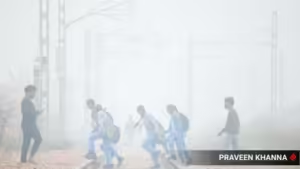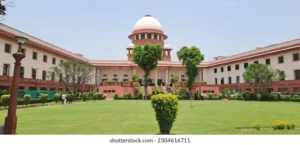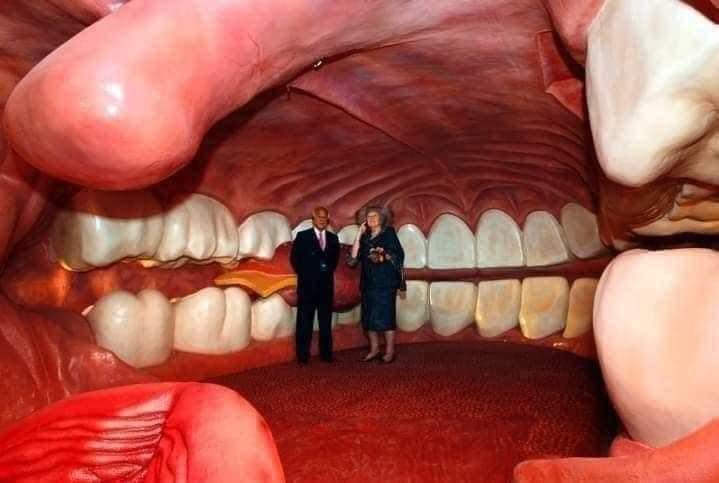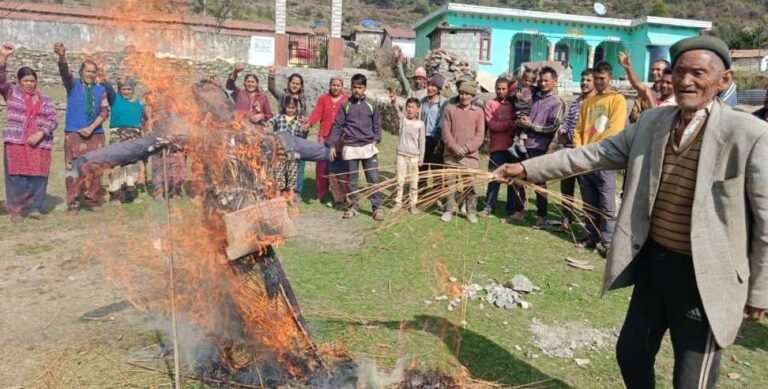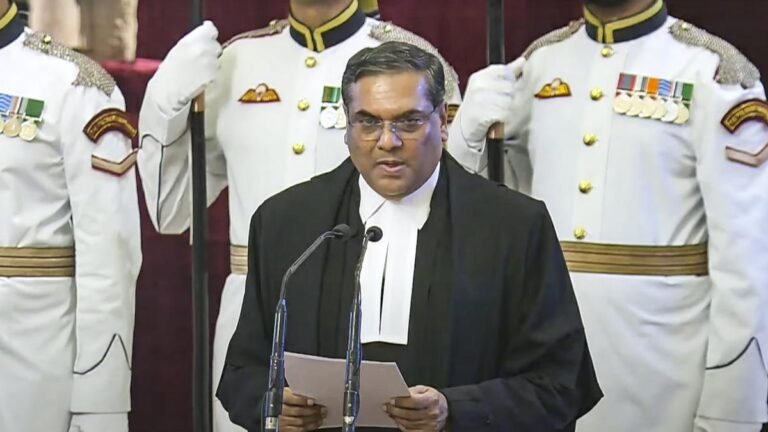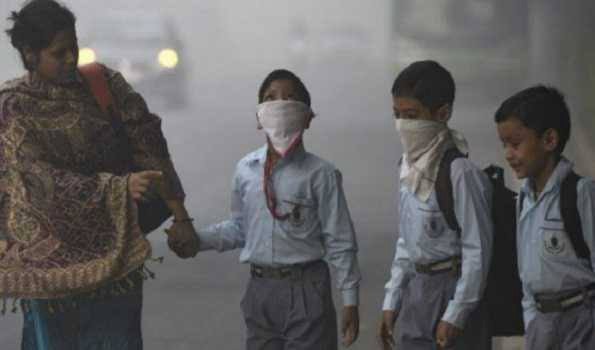
Delhi, India – With air quality worsening to hazardous levels, the Delhi government has announced that all schools will shift to online classes for students in Classes 1 to 9, effective from Monday. The decision comes as the Air Quality Index (AQI) for the city breached the “severe plus” mark at 457 on Sunday evening, prompting immediate action to protect public health.
Chief Minister Atishi confirmed the shift in a tweet, stating that all schools will continue with online classes until further notice, with the exception of Grade 10 and 12 students who will attend in-person classes. “With the imposition of GRAP-4 from tomorrow, physical classes shall be discontinued for all students, apart from Class 10 and 12. All schools will hold online classes, until further orders,” she wrote.
The directive follows the Central Government’s imposition of Stage 4 of the Graded Response Action Plan (GRAP), which comes into effect on Monday at 8 a.m. The stringent measures aim to combat Delhi’s deteriorating air quality, which has put the city on high alert. Under the GRAP-IV, a complete ban on the entry of trucks into Delhi has been enforced, except for those carrying essential goods or operating on cleaner fuels such as LNG, CNG, and electric power. Non-essential vehicles from outside the city, particularly light commercial vehicles, are also prohibited from entering.
Construction work has also been halted across the city, including all public infrastructure projects, such as roads, highways, and power lines. The curbs are aimed at reducing pollution, particularly from vehicles and construction activities, which contribute heavily to the city’s smog.
On Sunday, the city’s AQI reached a concerning 457 at 7 p.m., placing Delhi in the “severe plus” category. This level of pollution is considered extremely hazardous to health, with even healthy individuals facing risk of respiratory distress. According to the Central Pollution Control Board (CPCB), Delhi’s AQI for the day was recorded at 441 at 4 p.m., which also falls into the “severe” category.
The situation has sparked widespread concern, as Delhi is currently ranked as the second most polluted city in the country, behind Bahadurgarh in Haryana, which recorded an AQI of 445. Other cities like Bhiwani and Bikaner also reported AQI levels in the “severe” category.
The AQI scale categorizes pollution levels in six bands:
• 0-50: Good
• 51-100: Satisfactory
• 201-300: Poor
• 301-400: Very Poor
• 401-450: Severe
• Over 450: Severe Plus (Extremely Hazardous)
• 101-200: Moderate
As pollution levels continue to rise, residents of Delhi are being urged to stay indoors as much as possible, especially those with respiratory conditions, children, and the elderly.
The Delhi government’s swift response to move most classes online is part of broader efforts to mitigate the effects of the ongoing pollution crisis. With the air quality expected to remain poor in the coming days, authorities are preparing to implement further measures to curb emissions and protect public health.







